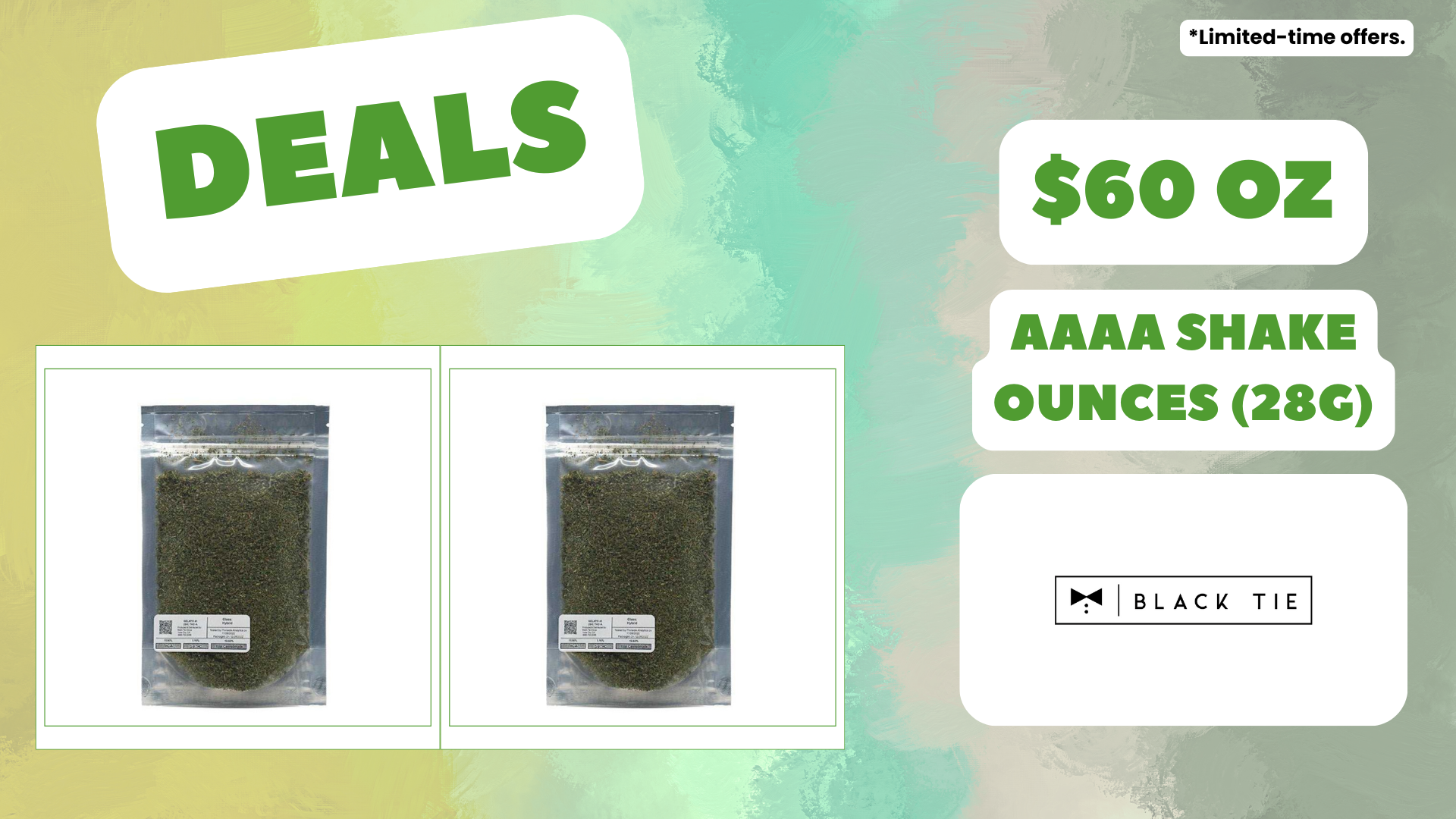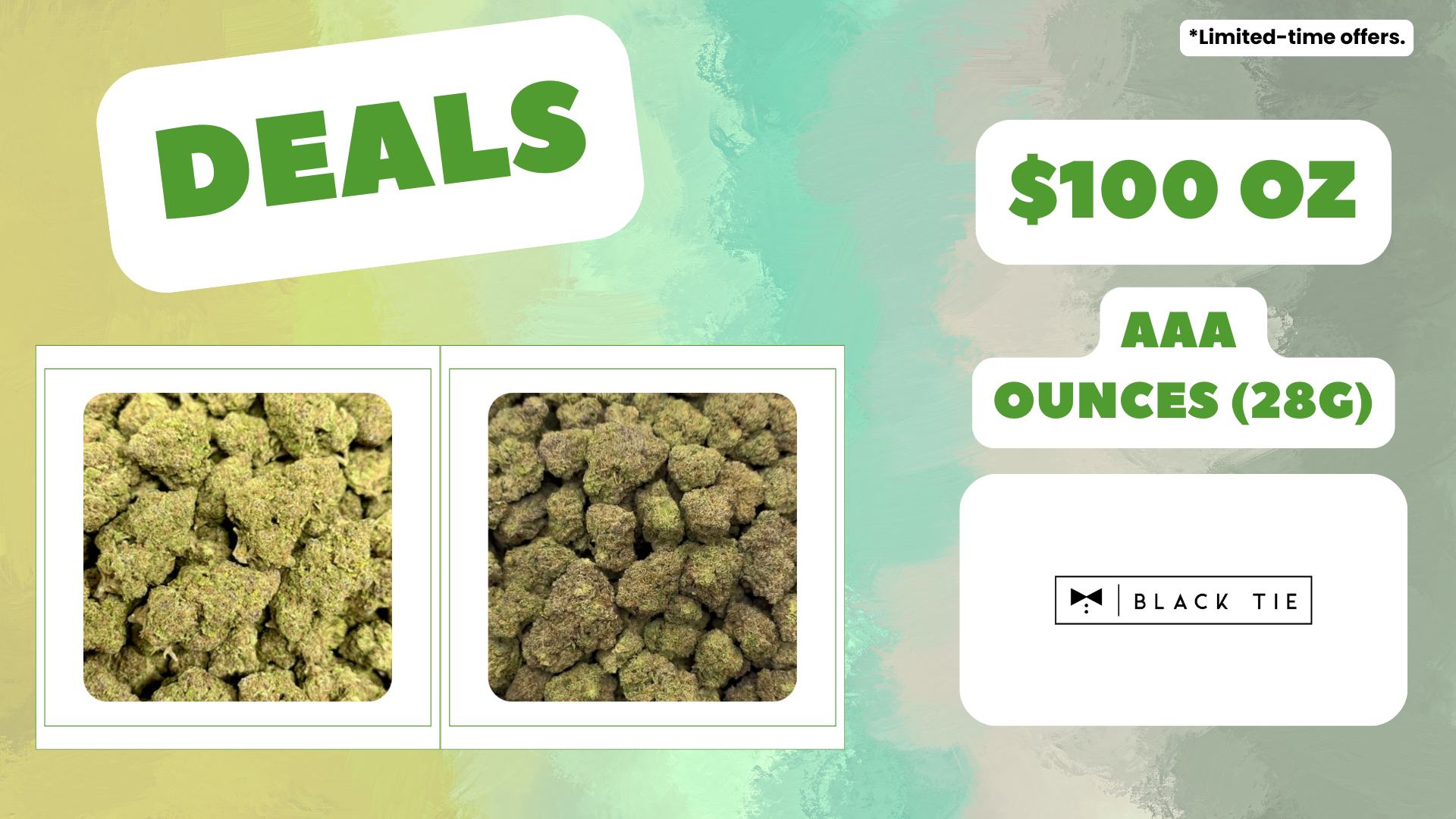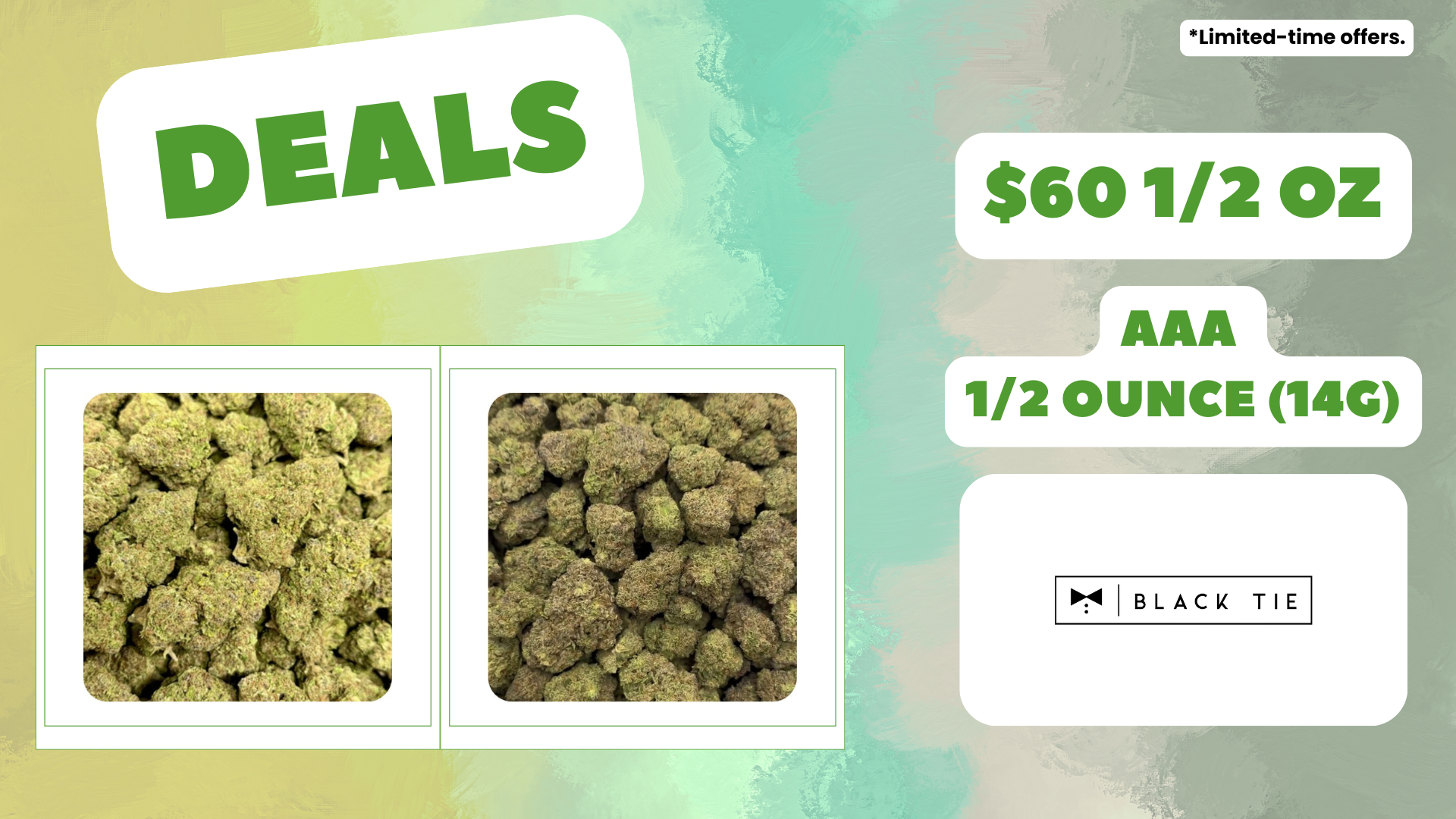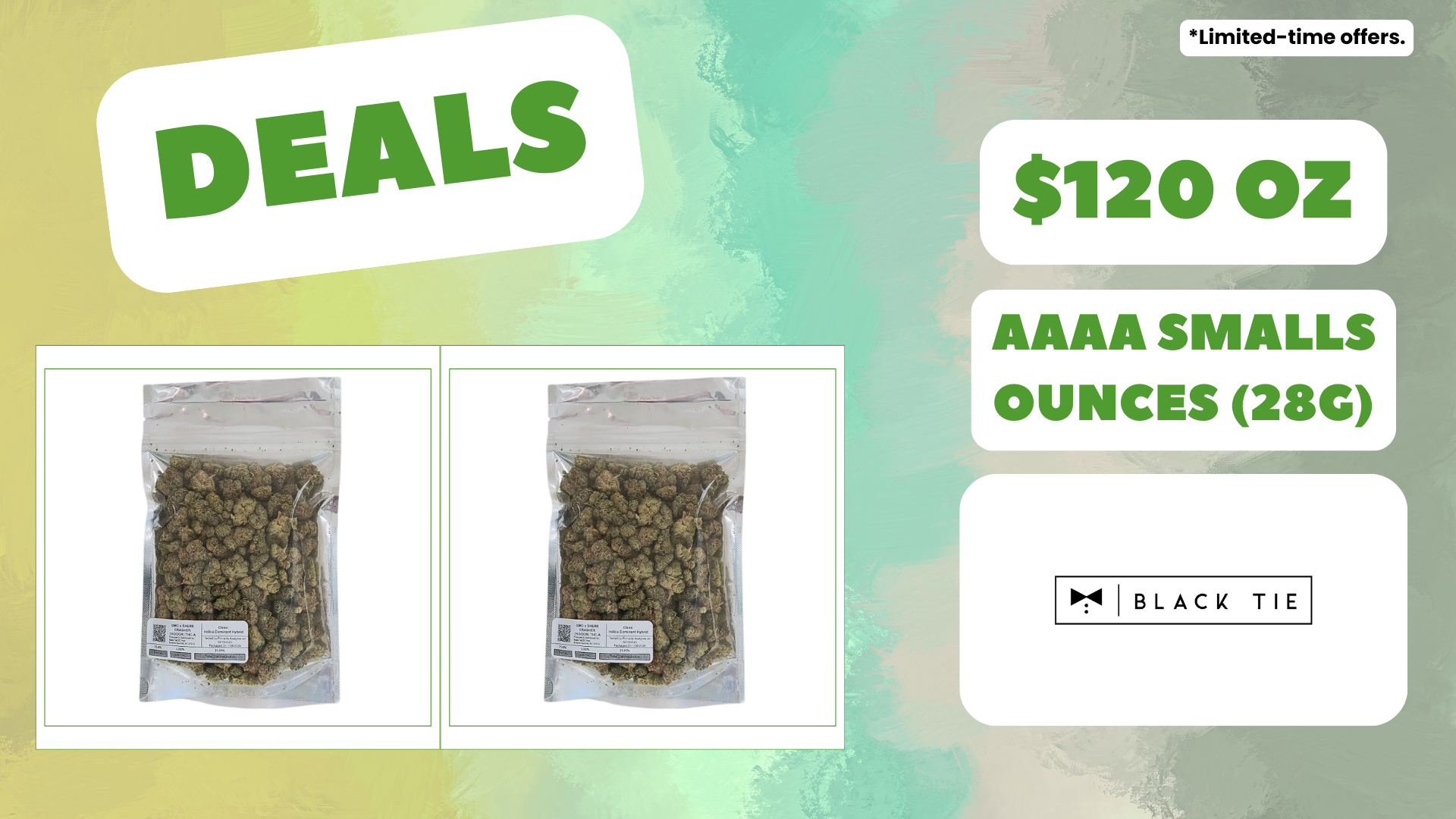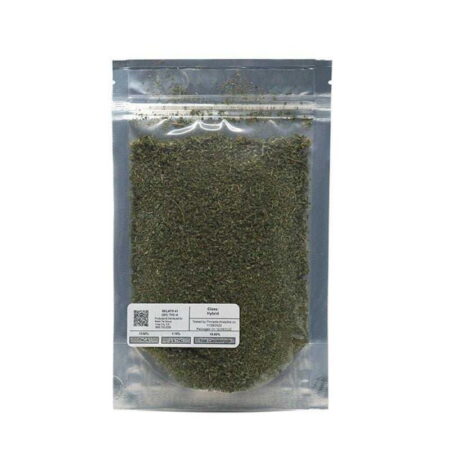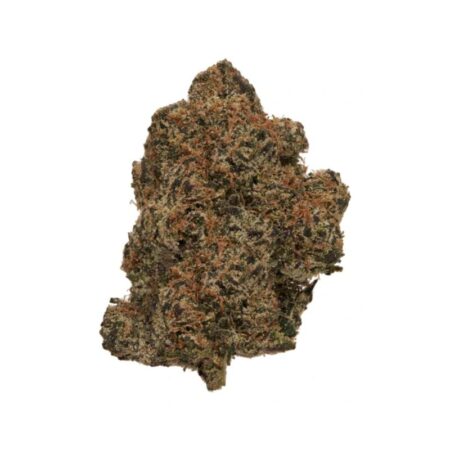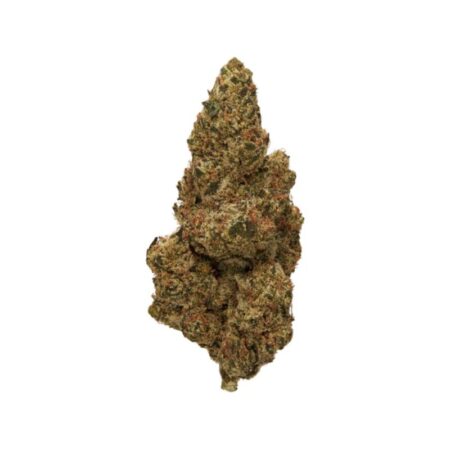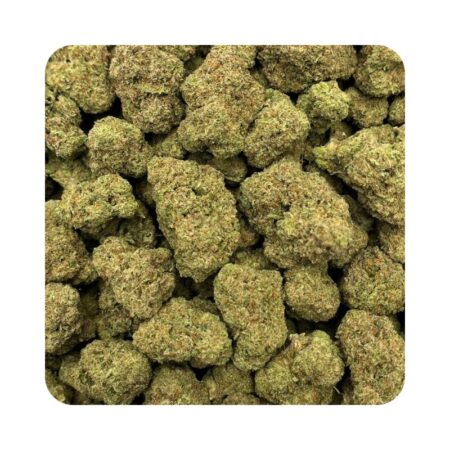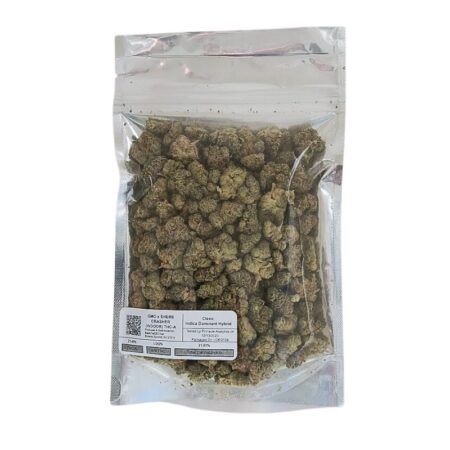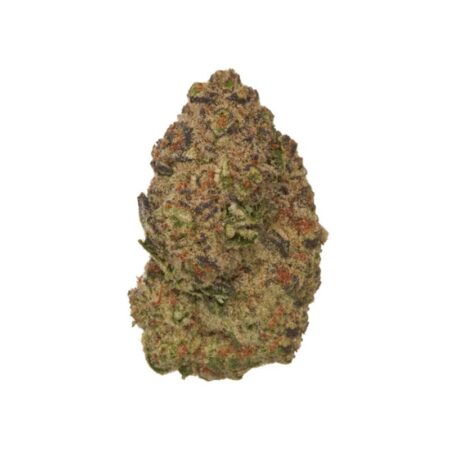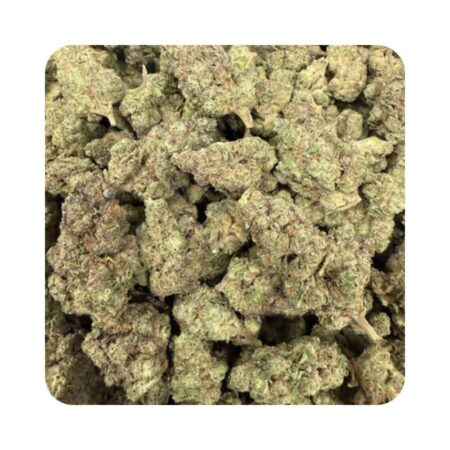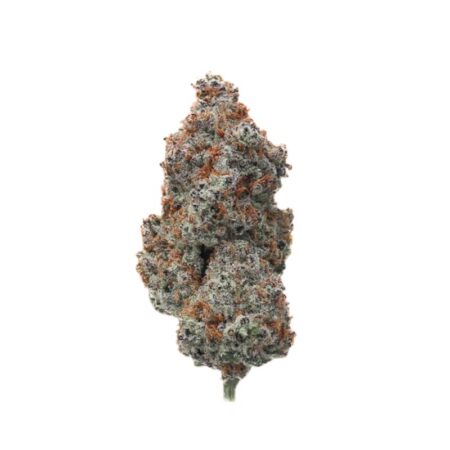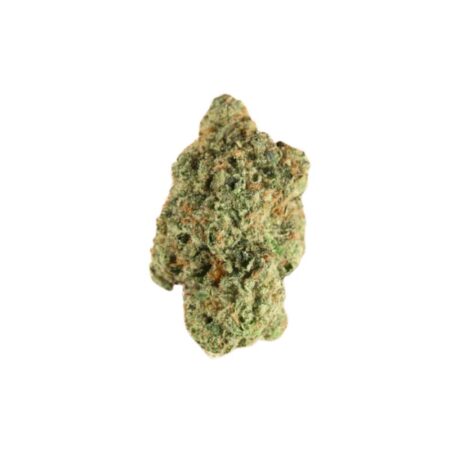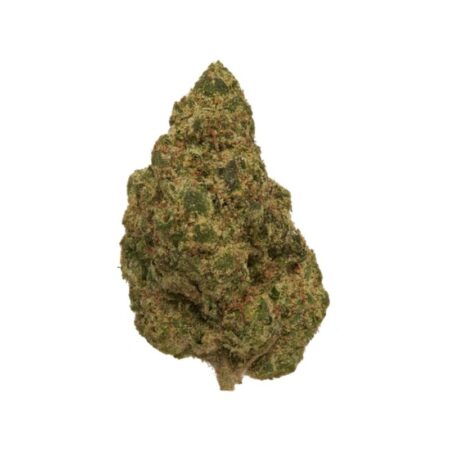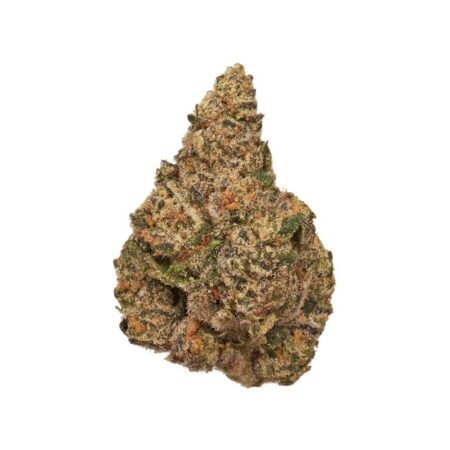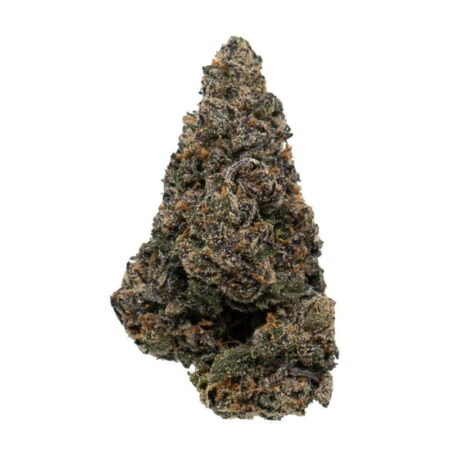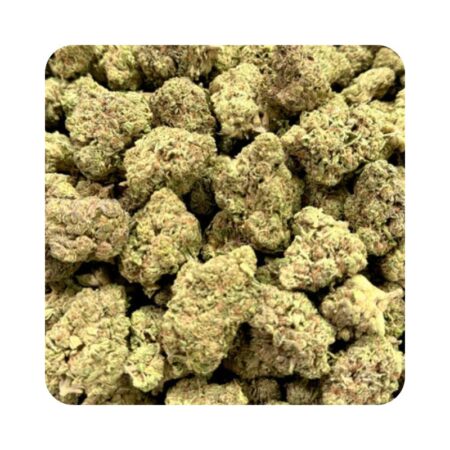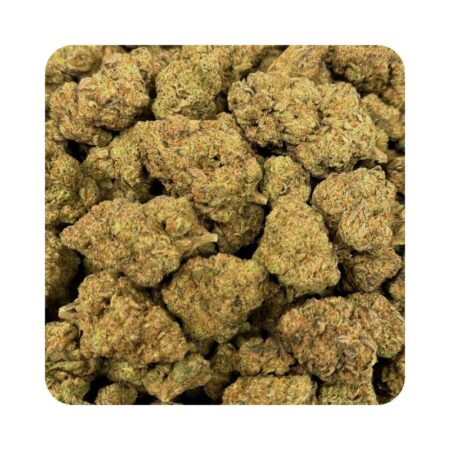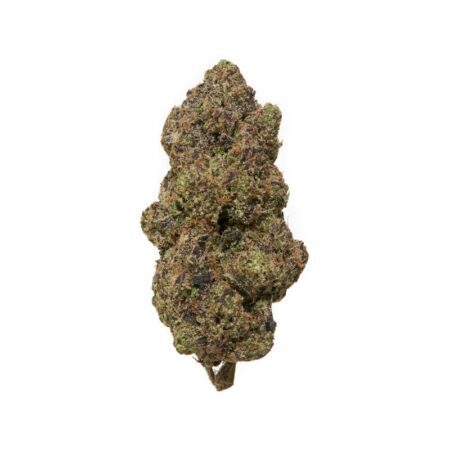THCA Flower
Shop our curated selection of top-shelf cannabis hemp THCA flower strains.
-
 AAA TOP SHELFINDICA27.90% THCA
AAA TOP SHELFINDICA27.90% THCAAfgoo
Price range: $60.00 through $110.00Select options This product has multiple variants. The options may be chosen on the product pageClear14g28g -
 AAAA TOP SHELFINDICA28.27% THCA
AAAA TOP SHELFINDICA28.27% THCABlack Mamba
$55.00Select options This product has multiple variants. The options may be chosen on the product pageClear28g (Shake/Trim) -
 AAAA TOP SHELFINDICA26.18% THCA
AAAA TOP SHELFINDICA26.18% THCABlue Burst
$38.00Select options This product has multiple variants. The options may be chosen on the product pageClear3.5g -
 AAA TOP SHELFINDICA29.62% THCA
AAA TOP SHELFINDICA29.62% THCABlue Meteorite
$55.00Select options This product has multiple variants. The options may be chosen on the product pageClear28g (Shake/Trim) -
 AAA TOP SHELFINDICA28.29% THCA
AAA TOP SHELFINDICA28.29% THCABlueberry Muffin
Price range: $60.00 through $110.00Select options This product has multiple variants. The options may be chosen on the product pageClear14g28g -
 AAAA TOP SHELFINDICA29.05% THCA
AAAA TOP SHELFINDICA29.05% THCABubble Burst
$130.00Select options This product has multiple variants. The options may be chosen on the product pageClear28g (Smalls) -
 IN-STOREAAAA TOP SHELFINDICA28.70% THCA
IN-STOREAAAA TOP SHELFINDICA28.70% THCABubblegum OG
Price range: $38.00 through $130.00Select options This product has multiple variants. The options may be chosen on the product pageClear3.5g -
 AAA TOP SHELFINDICA27.41% THCA
AAA TOP SHELFINDICA27.41% THCAButter Cookies
$95.00Select options This product has multiple variants. The options may be chosen on the product pageClear28g (Smalls) -
 AAA TOP SHELFINDICA26.08% THCA
AAA TOP SHELFINDICA26.08% THCAChocolate Mintz
Price range: $60.00 through $110.00Select options This product has multiple variants. The options may be chosen on the product pageClear14g28g -
 IN-STOREAAAA TOP SHELFON SALEINDICA33.30% THCA
IN-STOREAAAA TOP SHELFON SALEINDICA33.30% THCADante’s Inferno
Original price was: $40.00.$30.00Current price is: $30.00.Select options This product has multiple variants. The options may be chosen on the product pageClear3.5g -
 AAAA TOP SHELFON SALEINDICA28.90% THCA
AAAA TOP SHELFON SALEINDICA28.90% THCADr. J
Original price was: $40.00.$30.00Current price is: $30.00.Select options This product has multiple variants. The options may be chosen on the product pageClear3.5g -
 AAA TOP SHELFINDICA26.40% THCA
AAA TOP SHELFINDICA26.40% THCAGarlic Breath
Price range: $28.00 through $95.00Select options This product has multiple variants. The options may be chosen on the product pageClear3.5g28g (Smalls) -
 IN-STOREAAAA TOP SHELFINDICA31.66% THCA
IN-STOREAAAA TOP SHELFINDICA31.66% THCAGas Face
$55.00Select options This product has multiple variants. The options may be chosen on the product pageClear28g (Shake/Trim) -
 IN-STOREAAAA TOP SHELFINDICA30% THCA
IN-STOREAAAA TOP SHELFINDICA30% THCAGushers
$130.00Select options This product has multiple variants. The options may be chosen on the product pageClear28g (Smalls) -
 IN-STOREAAA TOP SHELFINDICA27.74% THCA
IN-STOREAAA TOP SHELFINDICA27.74% THCAIce Cream Cake
$60.00Select options This product has multiple variants. The options may be chosen on the product pageClear14g -
 AAA TOP SHELFINDICA28.30% THCA
AAA TOP SHELFINDICA28.30% THCAJelly Breath
Price range: $60.00 through $110.00Select options This product has multiple variants. The options may be chosen on the product pageClear14g28g -
 IN-STOREAAAA TOP SHELFINDICA28.80% THCA
IN-STOREAAAA TOP SHELFINDICA28.80% THCALemon Cherry Gelato
Price range: $38.00 through $130.00Select options This product has multiple variants. The options may be chosen on the product pageClear3.5g28g (Smalls)28g (Shake/Trim) -
 IN-STOREAAAA TOP SHELFINDICA25.85% THCA
IN-STOREAAAA TOP SHELFINDICA25.85% THCAPop Rox
$130.00Select options This product has multiple variants. The options may be chosen on the product pageClear28g (Smalls) -
 IN-STOREAAAA TOP SHELFINDICA27.53% THCA
IN-STOREAAAA TOP SHELFINDICA27.53% THCASherb Cake
Price range: $38.00 through $130.00Select options This product has multiple variants. The options may be chosen on the product pageClear28g (Smalls) -
 AAAA TOP SHELFINDICA25.64% THCA
AAAA TOP SHELFINDICA25.64% THCAUncle Snoop
Price range: $38.00 through $130.00Select options This product has multiple variants. The options may be chosen on the product pageClear28g (Shake/Trim)
